
"The newer medications that are coming out, and a lot of them are approved, are much more focused on the problem," explains Jonathan Strober, MD, pediatric neurologist with UCSF Benioff Children's Hospital.

"The newer medications that are coming out, and a lot of them are approved, are much more focused on the problem," explains Jonathan Strober, MD, pediatric neurologist with UCSF Benioff Children's Hospital.

Eboni Price-Haywood, MD, MPH, MMM, Xavier Ochsner College of Medicine, and Toni Flowers, PhD, DHL, MBA, LCMC Health, advocate for understanding individual patient circumstances, ultimately leading to more comprehensive and effective outcomes.

Larragem Raines, MS, of the Center for Innovation & Value Research, discusses the organization's major depressive disorder (MDD) open-source value model, dynamic pricing, and the future role of artificial intelligence in care.

Drug companies and specialty distributors navigate challenges like profitability, supply chain volatility, regulatory complexities, and market pressures to build successful partnerships, said Natalie Bedford of McKesson.

Learn about how Allegheny Health Network's "Food as Medicine" initiative tackles food insecurity and enhances health through personalized nutrition support.
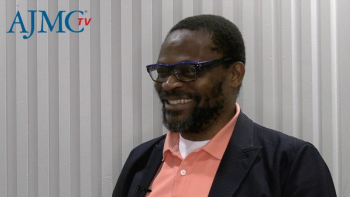
Raymond Osarogiagbon, MD, discusses innovative strategies for improving lung cancer screening, including artificial intelligence (AI) tools and simplified eligibility criteria.

Doctors can identify ways of proactively addressing glaucoma in patients by discussing options with their patients, says Christine Funke, MD.

Raymond Osarogiagbon, MD, shares practical strategies for clinicians and health systems to boost lung cancer screening rates among eligible patients.
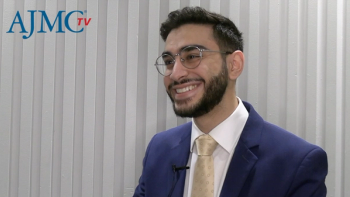
Samer Wahood, AB, shares that his research reveals a significant link between July erythemal UV radiation exposure and increased risks of melanoma in situ and invasive melanoma.

To safely and successfully use artificial intelligence (AI) tools in the pharmacy, credentialing bodies and professional associations will need to validate these tools for the individual pharmacist, said Harry Travis of The Travis Group.

Raymond Osarogiagbon, MD, highlights the potential benefits of increasing screening rates for patients diagnosed with lung cancer and the broader US health care system.
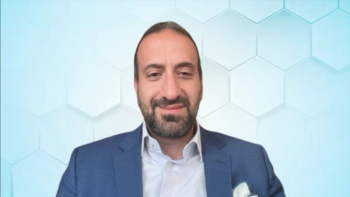
Lacking awareness of metabolic dysfunction-associated steatohepatitis (MASH) constitutes a critical barrier for enhancing patient care, said Naim Alkhouri, MD. Awareness efforts can not only increase patient access, but also improve the overall wellbeing, experience, and outcomes for this population.

Innovative financing and reimbursement models can improve access to cell and gene therapies, addressing cost barriers and improving patient outcomes, said Joe DePinto, MBA, of McKesson.
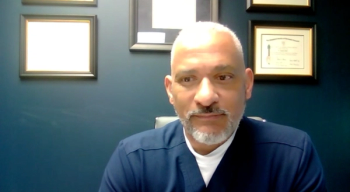
Antoine Keller, MD, discussed the future impact of technological advances for cardiovascular (CV) care and what other elements contribute to quality, accessible health care.
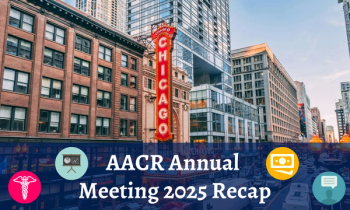
During interviews at the American Association for Cancer Research (AACR) Annual Meeting 2025, experts shared key insights from this year's conference.

Specialty distributors can help navigate complex health care regulations, ensuring compliance and adapting to changes in the landscape, said Natalie Bedford of McKesson.

Pieter Sonneveld, MD, PhD, chair of the Erasmus MC Cancer Institute, discussed the findings of a study modeling long-term progression-free survival (PFS) in patients with multiple myeloma (MM) treated with a daratumumab quadruplet regimen.

Joe DePinto, MBA, of McKesson; Kathi Henson, MBA, of Orsini; and Natalie Bedford of McKesson discuss how Asembia's AXS25 Specialty Summit fosters collaboration among industry leaders, exploring technology trends to enhance specialty pharmacy and patient care delivery.
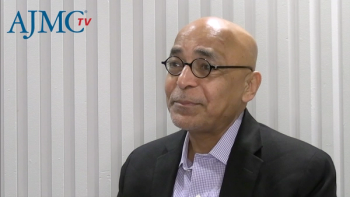
K. "Vish" Viswanath, PhD, discusses the impact of misinformation on trust in health care, emphasizing the importance of reliable sources and patient-physician communication.
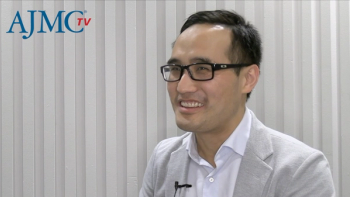
Mingyang Song, MBBS, ScD, expands upon the link between ultraprocessed foods and cancer risks, emphasizing the need for better dietary choices and further research.
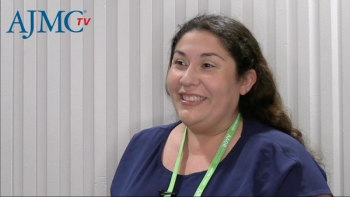
Higher social capital is associated with fewer treatment delays among cervical cancer survivors, with notable racial disparities in reported social capital levels and access to timely care.

Improving relationships between pharmaceutical makers, health systems, patients, and insurers can help to lower the price of health care for patients, according to John Michael O'Brien, PharmD, MPH.

Duke Appiah, PhD, MPH, discusses maternal health disparities, emphasizing the impact of racial and ethnic factors on pregnancy outcomes for women with cancer.
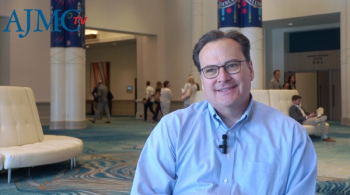
Lalan Wilfong, MD, of Thyme Care and Texas Oncology, discusses a session on circulating tumor DNA (ctDNA) and shares insight as chair of the Community Oncology Alliance (COA) Payer Reform Committee.
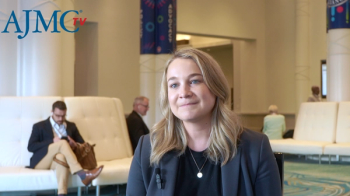
Kate Baker, MD, MMHC, medical director of value-based care at Tennessee Oncology, talks about innovations in cancer care highlighted at the Community Oncology Conference.
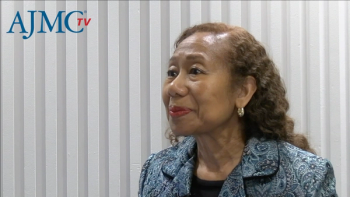
Kimlin Tam Ashing, PhD, explores how strengthening community engagement can enhance cancer research and inform more effective policy development.
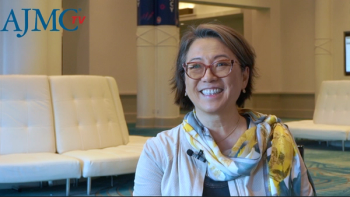
At the 2025 Community Oncology Conference, Nini Wu, MD, Navista, shares how AI can transform community oncology.

Duke Appiah, PhD, MPH, explores racial disparities in maternal health outcomes for pregnant women with cancer, revealing critical insights for informed decision-making.
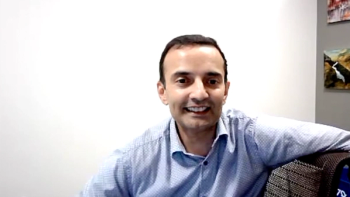
Because clinical trials do not mimic the real-world application of multiple myeloma treatments, Ajai Chari, MD, discussed the variety of patient factors clinicians should consider in their practice.

Improving health equity is part of the core of quality improvement and requires data collection and community engagement strategies for underserved populations, said Shawn Griffin, MD, president and CEO of URAC.

259 Prospect Plains Rd, Bldg H
Cranbury, NJ 08512
© 2025 MJH Life Sciences®
All rights reserved.
